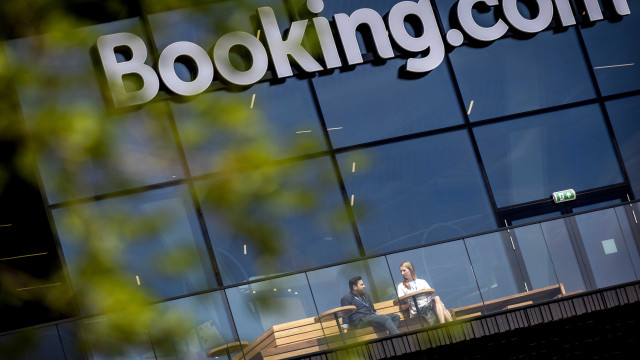The European Union has included Dutch online travel giant Booking.com on its list of companies big enough to fall under tougher competition rules.
Booking.com, whose parent company Booking Holdings is based in the US, has six months to prepare to comply with the landmark Digital Markets Act (DMC).
The EU has already named six market "guardians" who must comply with the GDPR: Alphabet - the parent company of Google, Amazon, Apple, Meta, Microsoft and ByteDance - owner of TikTok.
The aim of the rules is to level the playing field in the digital market, ensuring that EU consumers have more choices when choosing products such as web browsers and search engines.
The CPA also requires companies to inform Brussels before acquiring other firms, regardless of their size, in a bid to limit monopolies.
Booking.com is a dominant player with a market share of over 60% in Europe.
EU Internal Market Commissioner Thierry Breton promised that the bloc "will work to ensure that within six months it fully meets the objectives of the CAP," AFP reported.
Companies under fire
The EU can impose fines of up to 10% of a company's total worldwide turnover. In case of repeated violations, this percentage can rise to 20, and in the most severe circumstances, the EU can order the dissolution of the companies.
According to the regulation, the EU can impose fines of up to 10% of a company's total global turnover. In case of repeated violations, this percentage can rise to 20%, and in the most serious circumstances, the Union can order the dissolution of the companies.
The EU has no qualms about cracking down on the biggest digital platforms, such as Booking, through its new laws or by using older, more established rules.
Last year, Brussels blocked Booking's bid for eTraveli, a smaller online travel agent, citing concerns that any permission could lead to higher prices for consumers.
Brussels has already launched checks on Apple, Google and Meta under the CAP.
In order for Brussels to designate a company as a "guardian", it must meet certain conditions.
Criteria include having more than 45 million monthly active users in the EU and more than 10,000 active business users per year established in the bloc.
The new restrictions also apply to digital companies with an annual EU turnover of at least 7.5 billion euros ($8.1 billion) or a market value of more than 75 billion euros.
The commission also announced that it had decided not to include in its list the advertising services provided by X and TikTok. /BGNES
Booking.com has faced new EU rules on digital markets







